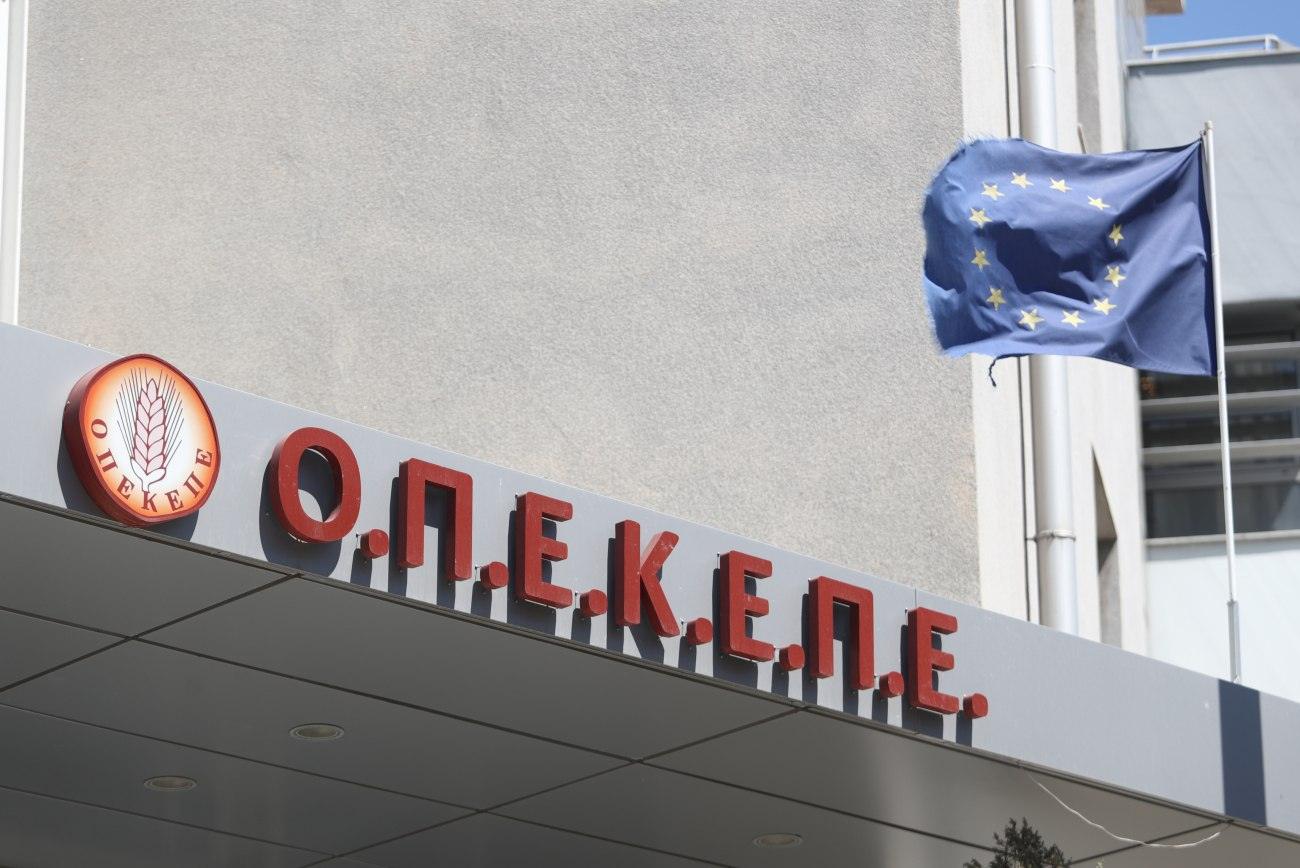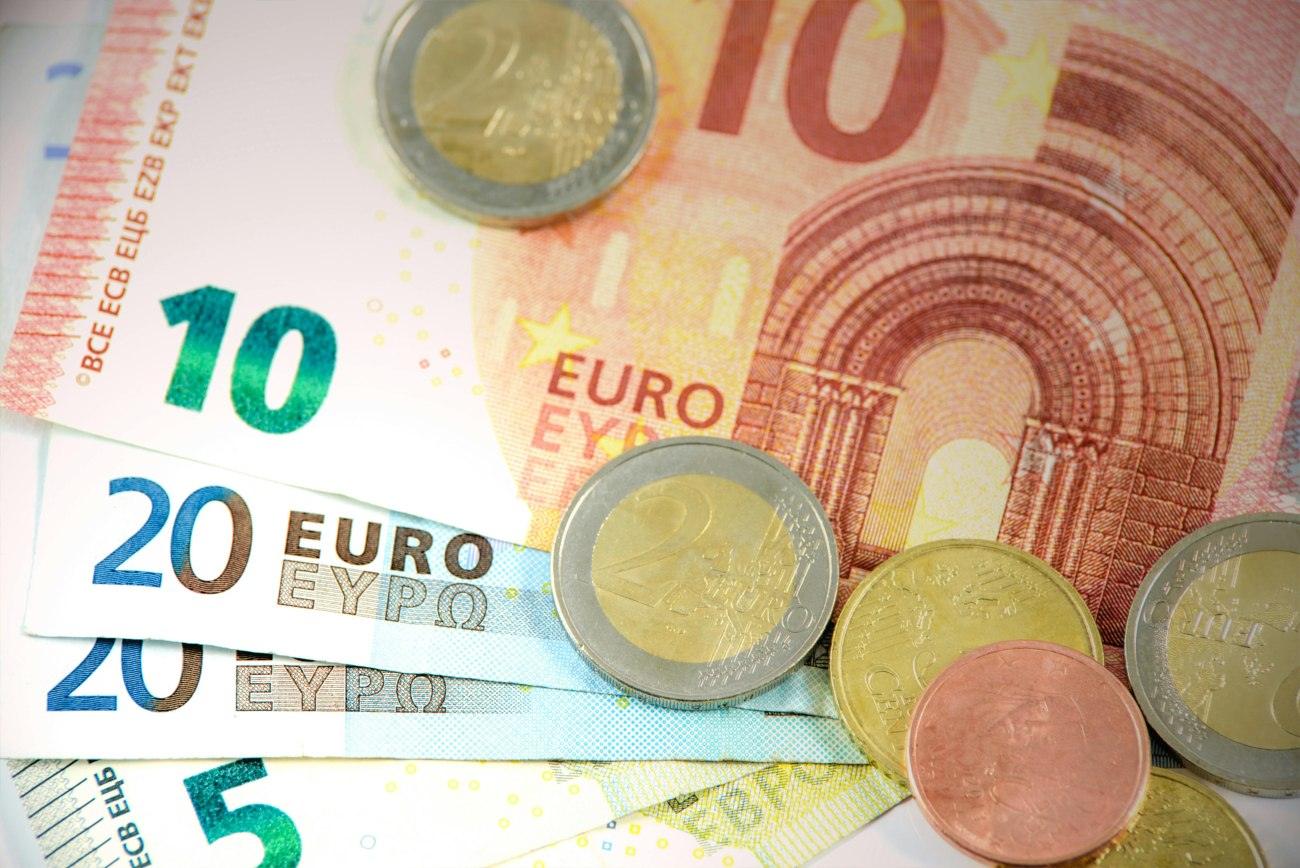A real reform included in the National Recovery and Resilience Plan, is the draft law on incentives for business development, underlined the Greek Minister of Finance, Mr Christos Staikouras, in his intervention from Brussels during the discussion of the draft law on “Incentives for business development, through partnerships and corporate transformations” in Plenary session. He added that it is an important step in stimulating healthy entrepreneurship, achieving high and sustainable growth, creating new jobs and boosting social cohesion.
The minister also stressed that “The government is responding to the challenges of a strong, sustainable and competitive economy. Despite the advese circumstances, with the rising borrowing costs, geopolitical tensions, the health and energy crisis, as well as the sharp rise in inflation, Greece is receiving a vote of confidence with successive upgrades, as a result of hard-working reform effort, good fiscal performance, efficient strategy and cash. In addition, Mr. Staikouras stressed that “Yesterday and today, in Brussels, we discussed at a European level the new external challenges that European economies have to face, which are significantly affected by the energy crisis and the consequent large increase of inflation. That is why the European Commission is discussing on this issue and we have essentially agreed the extension of flexibility for 2023 “.
Fiscal responsibility
The Minister of Finance clarified that: “This flexibility should be accompanied by fiscal responsibility, especially for a country like Greece that does not yet have an investment grade. “We are moving”, added the minister, “successfully in this direction but we still do not have an investment grade” and added that “yesterday and today it was recognized that the Greek economy has resilience and strong dynamics” and “this is confirmed by the 14th report of enhanced supervision published yesterday, where the Greek economy is estimated to show a strong economic growth rate in 2022, much higher than the European average and one of the highest in Europe. “Investment will reach its highest European level in 2022 and 2023 and we will have the best performance among all EU countries. Exports have doubled in the last four years and unemployment in Europe has shrunk”.” Thus”, said the Minister of Finance, “the exit of the country from the regime of enhanced supervision, which is in place since 2018, will be launched in a few months”. This development, said the minister, “together with the lifting of capital restrictions in 2019 and the early repayment of the International Monetary Fund in the last three years, prove that Greece is returning to European normalcy, after a decade of successive crises, with dynamism, responsibility and self-confidence “.
An important step in stimulating healthy entrepreneurship
The Minister of Finance, referring to the draft law, underlined that it constitutes a real reform included in the National Recovery and Resilience Plan and that it is an important step for stimulating healthy entrepreneurship, achieving high and sustainable growth, creating new jobs and stimulating social cohesion.
According to Mr Staikouras, this is a draft law that is added to the long list of tax measures that the current government has taken, so as to strengthen and stimulate entrepreneurship, through tax cuts and insurance contributions, but also in order to introduce incentives for the development of start-ups, promoting research, innovation and growth, attracting investors, investment and tax residents from abroad.
The bill, said the Finance Minister, introduces the institution of business cooperation, improves the provisions of tax incentives of previous development laws, strengthens the agricultural economy and promotes the cooperation of natural persons, mainly farmers, with the emblematic intervention of the significant 30% deduction for nine years, in the new partnership that will result from the cooperation of individual, very small, small and medium enterprises that amounts to 50% for farmers. Discounts, as Mr Staikouras observed, which will significantly reduce the real, effective tax rate for these companies, for which the New Democracy government has already reduced the nominal tax rate to 22%, from 29%, three years ago.
The four problems to face
The Minister noted that the entrepreneurs, as they said during their hearing in the Committee on Economic Affairs, this bill includes brave, innovative, strong and positive incentives for small and medium entrepreneurship. He explained that the goal of the legislative initiative is to address four problems. These problems are: the problem of the size of the Greek small and medium-sized enterprises with an average turnover of less than 10 million euros, when the average size of the respective small and medium-sized enterprisea in the EU is much larger, a fact that consists a problem on increasing productivity of the Greek company, but also the competitiveness of the whole economy. The lack of financing or the problem of underfunding these companies due to the strict banking criteria that require a high turnover, something that can be accelerated through the growth of companies. The problem of increasing the productivity of small and medium enterprises. Attempts are also being made to address, in the long run, the problems of tax evasion and undeclared work that are currently creating conditions for unfair competition.
The Minister of Finance acknowledged that the introduction of incentives is not easy, as we have support the SMEs and entrepreneurship, on the one hand, and, on the other hand, we have to assure there is no risk of putting some companies in an advantageous position over their competitors, thus distorting the competition itself.



































